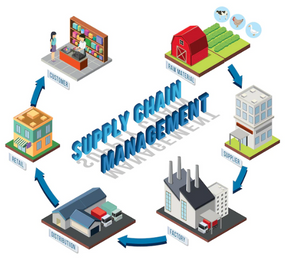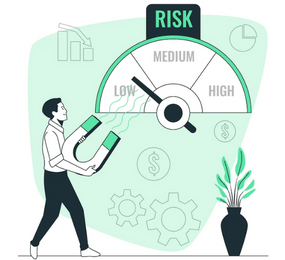The Circular Economy: Mitigating Risks and Amplifying Sustainability in the Supply Chain
The circular economy represents a paradigm shift in supply chain management, fostering sustainability by minimizing waste and optimizing resource use. This essay explores how embracing circular principles not only reduces environmental risks but also enhances the overall resilience of the supply chain.
Risk Reduction Through Circular Practices:
In a linear economy, resources are extracted, used, and discarded, creating environmental risks and vulnerabilities in the supply chain. The circular economy, however, promotes practices such as recycling, reuse, and remanufacturing, mitigating the risks associated with resource scarcity and waste disposal.
Sustainability Amplification:
Circular supply chains prioritize sustainability by extending the life cycle of products and materials. This not only reduces the environmental footprint but also addresses consumer demands for eco-friendly practices, enhancing brand reputation and market competitiveness.
Resilience Enhancement:
Circular practices contribute to supply chain resilience by diversifying sourcing strategies and reducing dependence on finite resources. Recycling and reusing materials create a more robust and adaptive supply chain, less susceptible to disruptions caused by resource shortages or environmental degradation.
The circular economy is not just an environmental imperative; it is a strategic approach that reduces risks and fortifies the sustainability and resilience of supply chains.
Visit our website to know more: https://www.leadventgrp.com/events/supply-chain-risk-and-resilience-forum/details
For more information and group participation, contact us: [email protected]
Leadvent Group - Industry Leading Events for Business Leaders!
www.leadventgrp.com| [email protected]
















